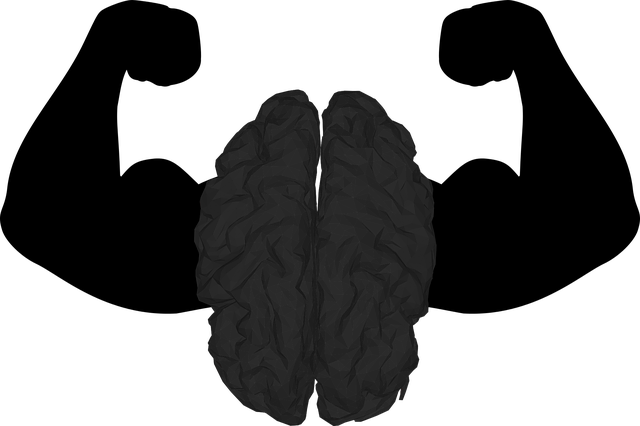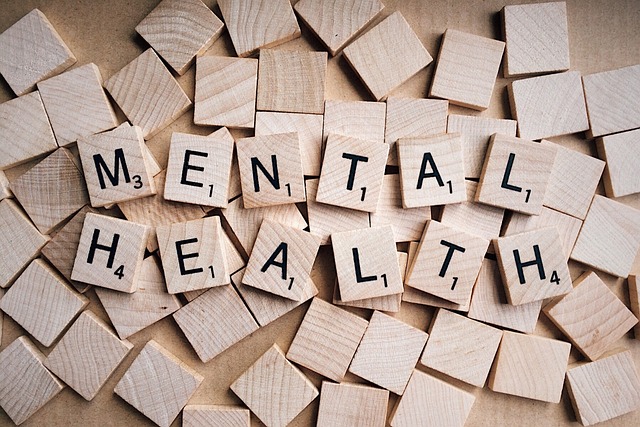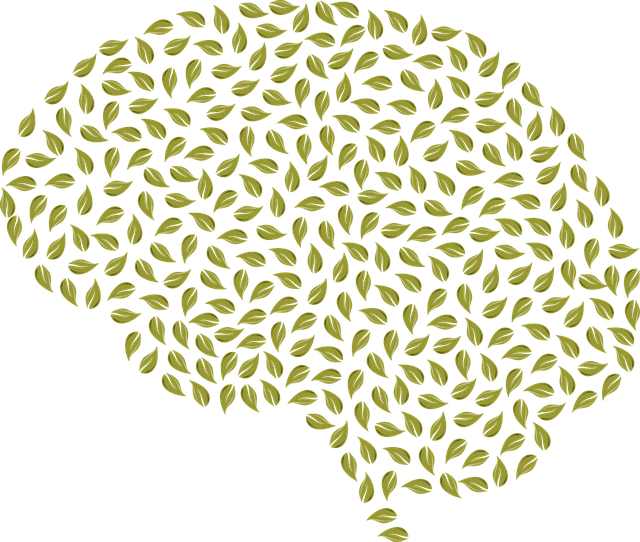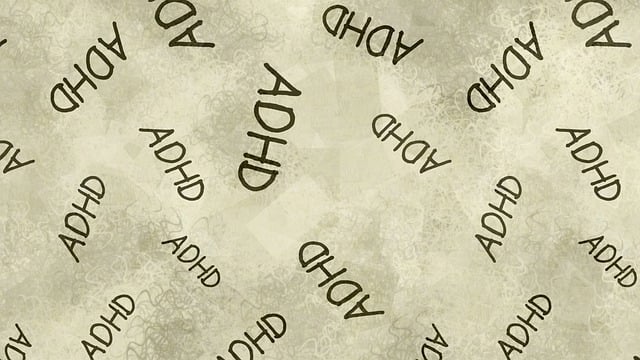Resilience is crucial for child development, and play therapy through the Risk, Resilience, and Strengths (RFM) Model empowers kids to face challenges with adaptability. This approach, combined with community outreach programs, enhances emotional intelligence and prevents burnout by fostering empathy. Using creative play scenarios, children learn to express emotions, process trauma, and develop effective coping strategies. Age-appropriate programs, guided by Mind Over Matter principles, use interactive workshops and mindfulness exercises for overall well-being. Public awareness campaigns and risk assessments further support mental health initiatives, ensuring safe and effective therapy sessions for building resilience in children.
“Discover how Resilience-Focused Mindfulness (RFM) is transforming play therapy for children. This article explores the power of RFM in enhancing kids’ resilience, offering a comprehensive guide for therapists. From understanding RFM’s core principles to designing engaging exercises, we delve into its implementation within play therapy settings. Learn about the numerous benefits, including improved emotional regulation and enhanced well-being. Embrace effective strategies to help children navigate life’s challenges with increased strength and adaptability.”
- Understanding RFM and Its Role in Child Resilience
- Benefits of Play Therapy for Building Resilience in Children
- Designing Effective Resilience-Building Exercises for Kids
- Implementing RFM in a Play Therapy Setting
- Measuring Success: Evaluating the Impact of RFM on Children's Well-being
Understanding RFM and Its Role in Child Resilience

Resilience is a crucial aspect of child development, equipping young individuals with the tools to navigate challenges and adapt to life’s ups and downs. RFM (Resourceful Freedom Model) therapy offers a structured framework for building this resilience. This model emphasizes the importance of play therapy, where children engage in creative expression and imaginative play, allowing them to explore their emotions, enhance coping mechanisms, and develop a sense of self-efficacy.
In the context of child therapy, RFM serves as a comprehensive strategy to prevent burnout among young clients. By fostering resilience, it enables children to confront difficult situations with adaptability and resourcefulness. Community outreach programs can further support this process by providing platforms for empathy building strategies, where kids learn to understand and connect with peers, fostering a sense of belonging and enhancing their emotional intelligence.
Benefits of Play Therapy for Building Resilience in Children

Play therapy offers a unique and effective approach to building resilience in children. Through imaginative play, kids can explore their emotions, process traumatic experiences, and develop coping mechanisms naturally. This therapeutic method allows them to express themselves creatively, fostering self-awareness and emotional intelligence. By engaging in play scenarios, children learn to navigate challenging situations, enhancing their problem-solving skills and ability to adapt.
Beyond resilience, play therapy contributes to mental well-being by promoting self-esteem improvement and empathy building strategies. It helps reduce the stigma associated with mental illness, as it provides a non-threatening environment for children to open up about their feelings. This process empowers them to understand and manage their emotions, leading to better social interactions and overall resilience in various aspects of their lives.
Designing Effective Resilience-Building Exercises for Kids

Resilience-building exercises tailored for children should be creative and engaging to capture their interest and encourage participation. Play therapy is a powerful tool in this context, as it allows kids to express themselves through play, making the learning process fun. These exercises can help young individuals develop coping mechanisms, enhance emotional intelligence, and build mental toughness. By incorporating activities that stimulate both physical and cognitive engagement, such as outdoor games, art projects, or even storytelling sessions, children can learn valuable skills for navigating challenging situations.
When designing these programs, it’s crucial to consider the age group and developmental stage of the children. Mind Over Matter principles can be effectively taught through interactive workshops, where kids are guided through relaxation techniques, mindfulness exercises, and positive self-talk. Public awareness campaigns can also play a significant role in educating both children and parents about mental health, fostering an environment that encourages open conversations and seeks support when needed. A thorough risk assessment for mental health professionals is essential to ensure the safety and well-being of the participants during these resilience-building initiatives.
Implementing RFM in a Play Therapy Setting

In a play therapy setting, implementing RFM (Risk, Resilience, and Strengths Model) offers a structured framework to enhance children’s mental health awareness and foster resilience building. This approach recognizes that play is a natural way for children to express themselves, process emotions, and develop coping strategies. Therapists can utilize games, art, and imaginative play to engage kids in activities that promote mindfulness meditation and strengthen their innate abilities to bounce back from challenges.
By integrating RFM into therapy sessions, professionals create a safe space where children learn to identify their risks, recognize their internal strengths, and cultivate positive coping mechanisms. This process not only enhances their overall mental health awareness but also equips them with valuable life skills. Through play-based interventions, therapists can help children navigate difficult emotions, build self-confidence, and develop resilience, ensuring they have the tools to thrive even in stressful situations.
Measuring Success: Evaluating the Impact of RFM on Children's Well-being

Measuring success is a critical aspect of implementing RFM (Resilience, Flexibility, and Mastery) exercises in play therapy for children. The impact of these interventions can be evaluated through various methods tailored to assess mental wellness in young individuals. Play therapists can employ structured observations to track changes in children’s behavior during and after sessions, noting improvements in their ability to navigate challenges and express emotions. This qualitative data provides insights into the effectiveness of RFM strategies.
Quantitative measures, such as pre-post tests and surveys, are also valuable tools. These assessments can gauge progress in areas like emotional regulation, coping skills, and overall mental wellness using developmentally appropriate questionnaires. By comparing scores, therapists can demonstrate the positive outcomes of play therapy sessions and identify specific RFM techniques that resonate most with children. This data is essential for refining coaching programs and ensuring that conflict resolution techniques and stress management strategies are effectively integrated into the therapeutic process.
Implementing Resilient Factors Model (RFM) through play therapy offers a structured approach to enhance children’s resilience. By combining understanding, benefits, effective design, and measurement, this model can significantly improve kids’ well-being. RFM serves as a powerful tool for professionals in the field of play therapy, enabling them to navigate the complex journey of fostering resilience in young minds.














